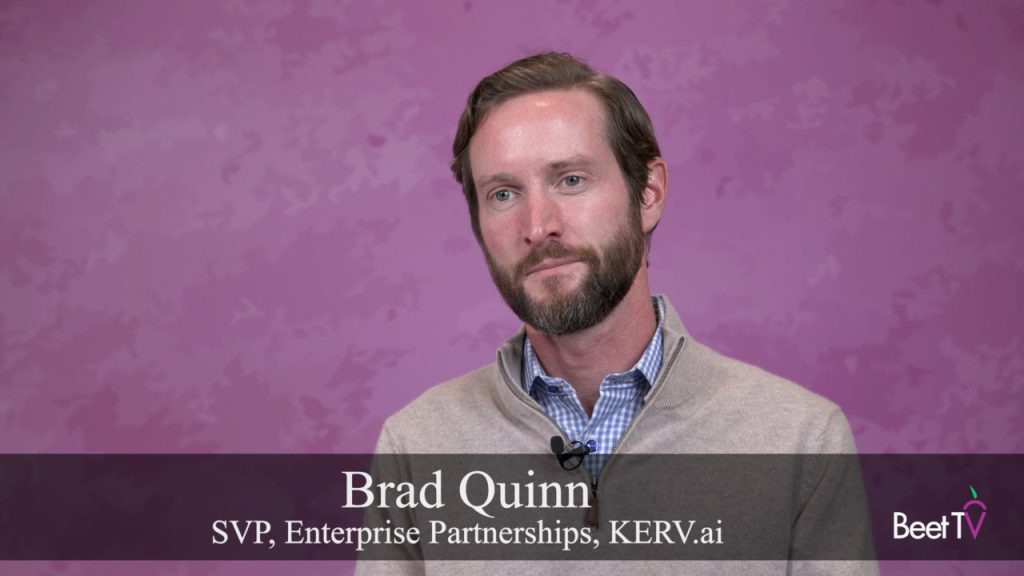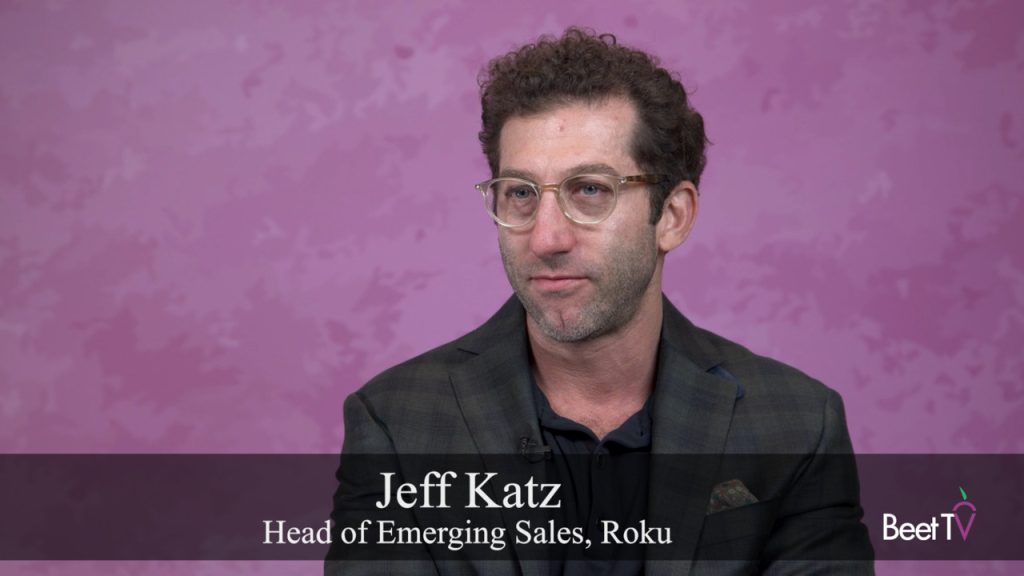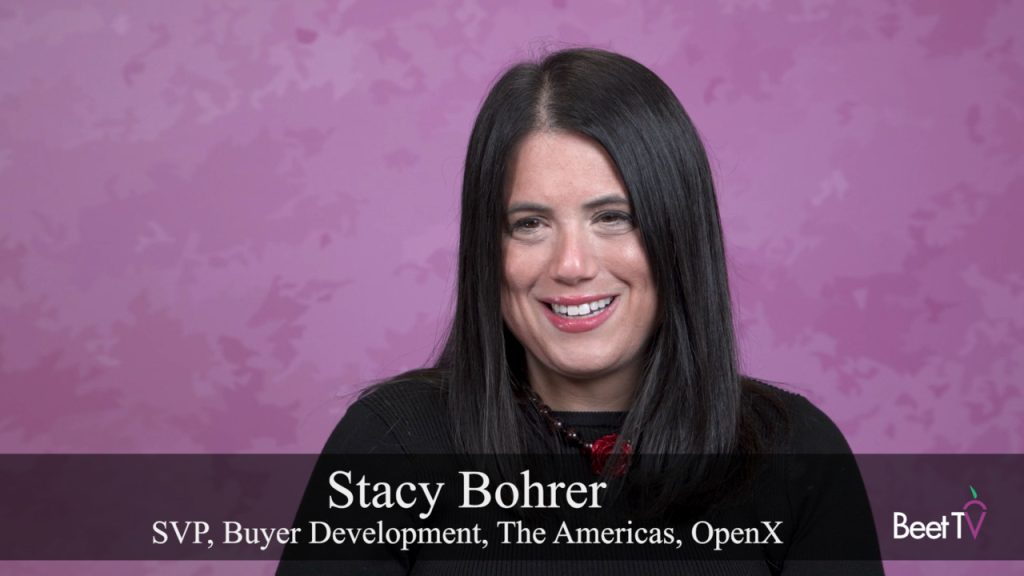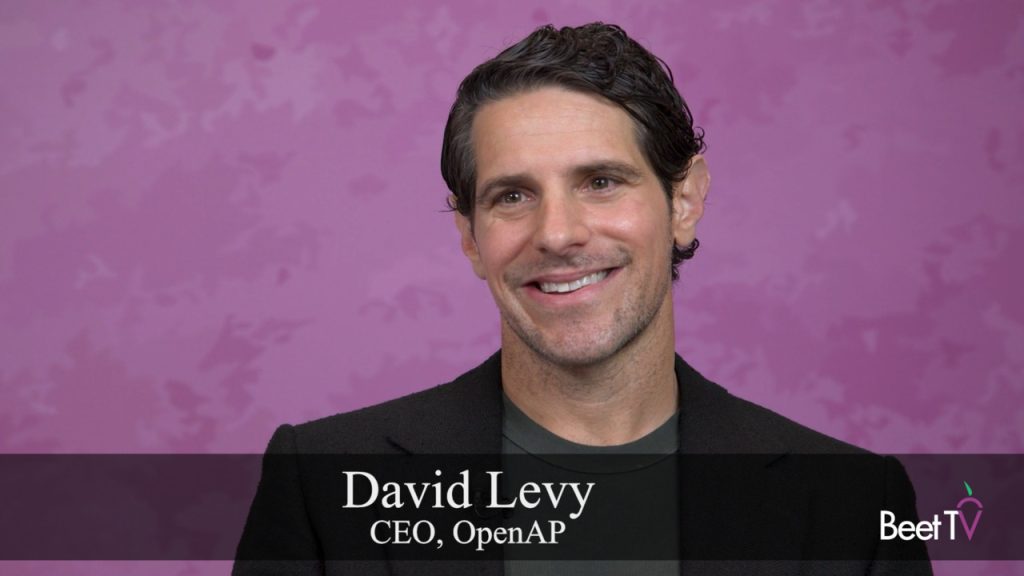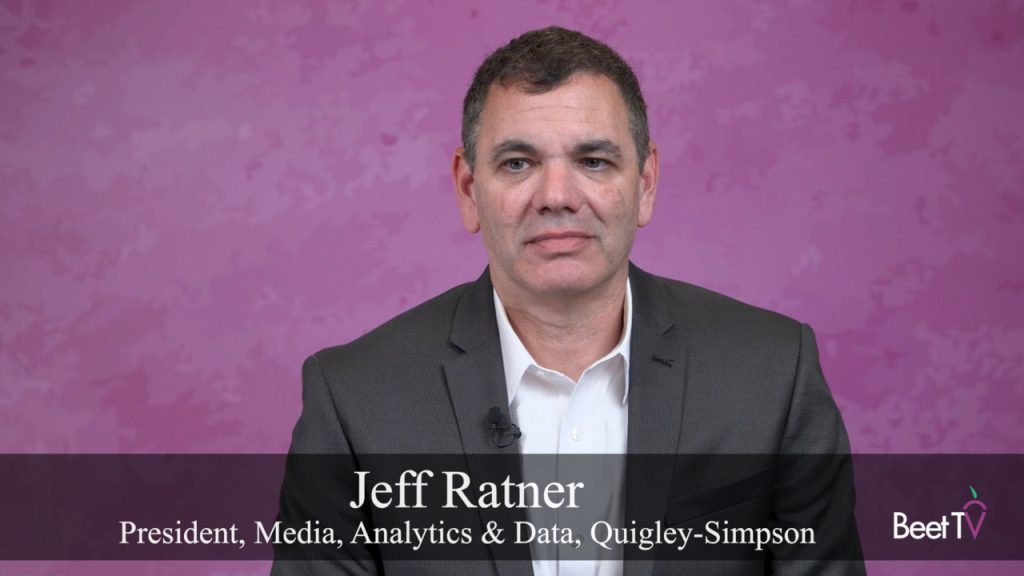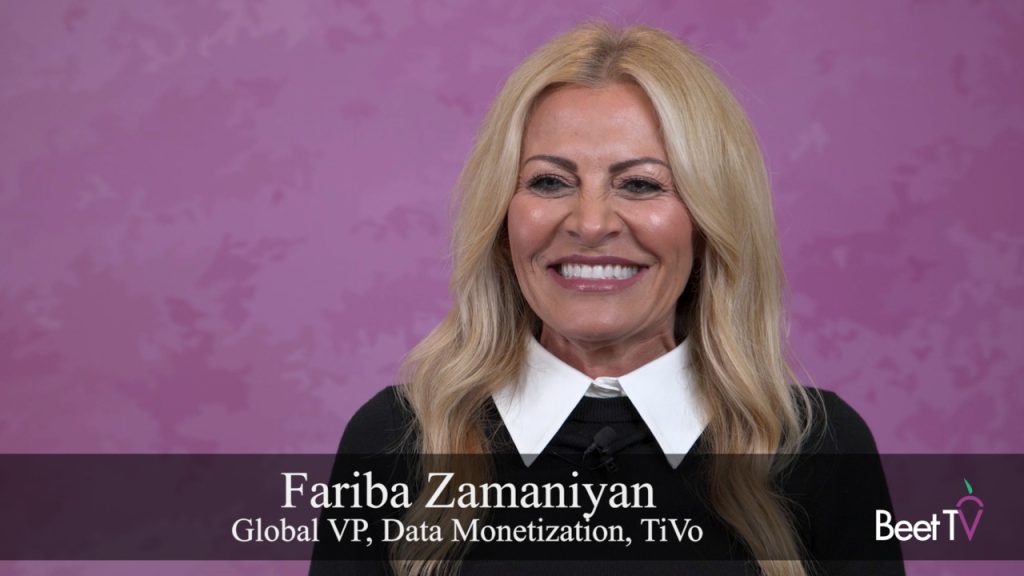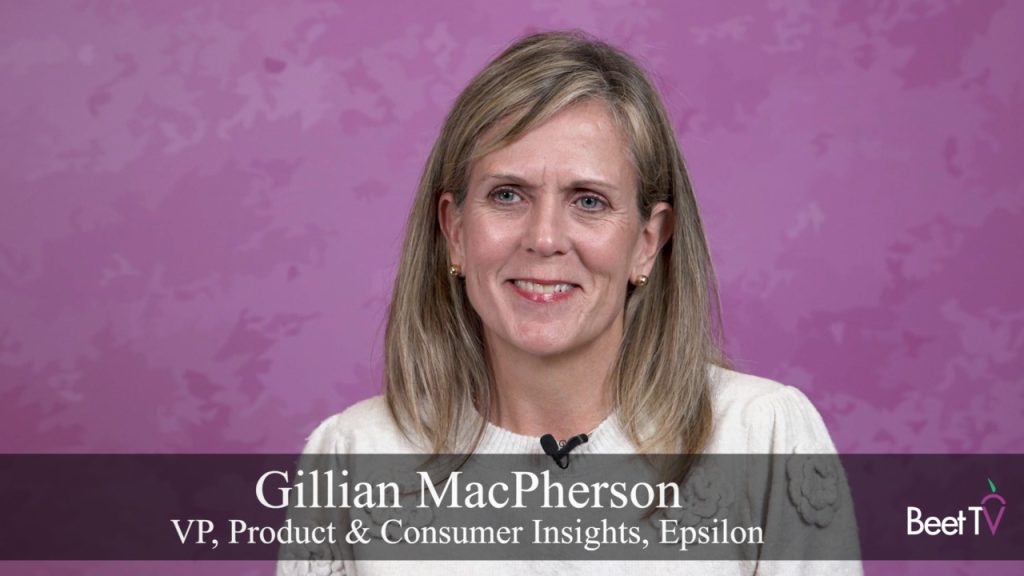CHICAGO – For a company that is well versed in tracking spending, TransUnion certainly knows how to finance an acquisition. Its planned acquisition of ad identity resolution company Neustar for $3.1 billion, announced Tuesday, would be its fourth in the space in the last couple of years.
In this video interview with Beet.TV, TransUnion’s EVP of marketing solutions and media vertical Matt Spiegel explains why his company is making the move for one of the major ad data providers.
November 2020:
Experian + Tapad: $280 millionSeptember 2021:
TransUnion + Neustar: $3.1 billionIdentity is becoming expensive.https://t.co/4VZjixO3s4
— Giulio S. (@astaniscia86) September 13, 2021
Why buy?
“We’ve seen a really good complimentary set of capabilities – at the core mission, they really fit nicely,” Spiegel says.
“They built up what they call their OneID technology platform, a great cloud-based, AI-integrated, well-connected technology platform for resolving identity in real-time.
“They’ve got a clearly market-leading suite of measurement solutions, very importantly, focused on marketing performance measurement versus other types of measurement.”
Spiegel says TransUnion, which has a $23 billion market cap, is buying Neustar’s risk, communications and marketing solutions offerings, but not its security business.
TransUnion's acquisition of Neustar is a game changer in the MarTech sector. @mspiegel and team have executed on a killer identity strategy! https://t.co/HjwV9vFJ6l pic.twitter.com/XUjYC3od3T
— Terence Kawaja (@tkawaja) September 13, 2021
From information to identity
To many, TransUnion may be best known as a provider of consumer credit information.
Under Spiegel, TransUnion has been making in-roads becoming an audience data provider.
Neustar would be its latest acquisition in that space after TruSignal (2019), Signal (2020) and TruOptik (2020).
$3.1 billion — that is what your data is worth https://t.co/TBMmAEj9SB
— Josh Sternberg (@joshsternberg) September 13, 2021
Making complex simple
“We feel strongly that the era of identity (will) underpin marketing ecosystem, one that’s focused on enabling personalised marketing in both the household and individual level,” Spiegel adds.
He says the death of the cookie, the lack of mobile IDs, the increasing of streaming and the digitization of the world has made the ecosystem increasingly complex.
“In a world of multiple digital identity signals, multiple different touch points of consumers and worlds, where there are “walled gardens”, there isn’t just open access to all data.
“To have the accurate underpinning of identity is a complex data science problem
“The more technology you put behind there, the more data sourcing rules and regulations you put behind there, the more data governance you put behind there … all those things really create the ecosystem that allows you to build from a strong foundation.”



























